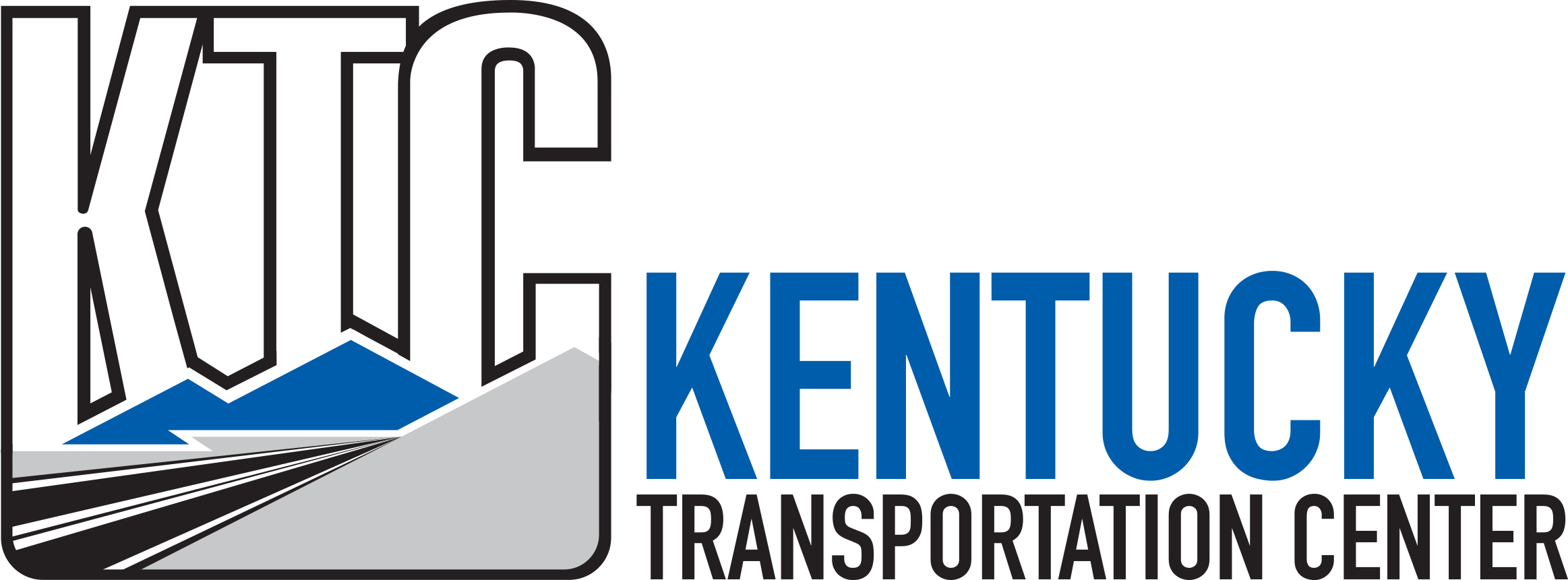Abstract
Executive Summary
This report documents an analysis of traffic crash data in Kentucky for the years of 2014-2018. A primary objective of this study was to determine average crash statistics for Kentucky highways. Rates were calculated for various types of highways and for counties and cities. Difference criteria were used for exposure.
Average and critical numbers and rates of crashes were calculated for various types of highways in rural and urban areas. These rates used crashes identified on highways where traffic volumes were available. Improved methods of identifying crash locations have resulted in higher rates for the last couple of years. The crash rate data can be used in Kentucky’s procedure to identify locations that have abnormal rates or numbers of crashes.
The other primary objective of this study was to provide data that can be used in the preparation of the problem identification portion of Kentucky’s Annual Highway Safety Plan. County and city crash statistics were analyzed. A summary of results and recommendations in several problem identification areas is presented. These general areas include; alcohol involvement, occupant protection, speed, teenage drivers, pedestrians, bicycles, motorcycles, trucks, and vehicle defects. Other areas included in the analysis for which specific recommendations were not made include, school bus crashes and train crashes.
The crash data are stored in the Collision Report Analysis for Safer Highways (CRASH) database. This database is updated daily so the number of crashes in a given calendar year will continue to change for a substantial time after the end of that year.
Report Date
9-2019
Report Number
KTC-19-26/KSP2-19-1F
Digital Object Identifier
https://doi.org/10.13023/ktc.rr.2019.26
Repository Citation
Green, Eric R.; Agent, Kenneth R.; and Ross, Paul A., "Analysis of Traffic Crash Data in Kentucky (2014-2018)" (2019). Kentucky Transportation Center Research Report. 1645.
https://uknowledge.uky.edu/ktc_researchreports/1645



Notes
© 2019 University of Kentucky, Kentucky Transportation Center
Information may not be used, reproduced, or republished without KTC’s written consent.
The contents of this report reflect the views of the authors, who are responsible for the facts and accuracy of the data presented herein.
The contents do not necessarily reflect the official views or policies of the University of Kentucky or the Kentucky Transportation Cabinet. This report does not constitute a standard, specification, or regulation.